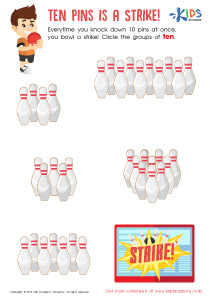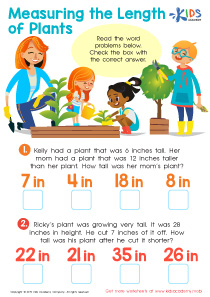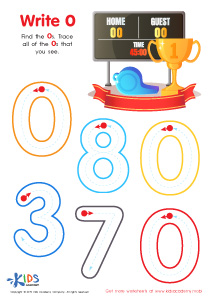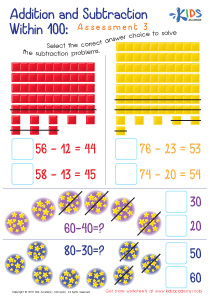Counting skills Easy Numbers up to 100 Worksheets for Ages 5-8
6 filtered results
-
From - To
Discover a wide range of engaging worksheets designed to build counting skills for young learners aged 5-8! Our "Counting Skills: Easy Numbers up to 100" worksheets introduce children to fun and interactive ways to master numbers and enhance their counting proficiency. Each activity is tailored to help kids develop a strong numerical foundation while enjoying the process of learning. Perfect for parents and educators, these printable worksheets are excellent tools for fostering mathematical confidence and success in early learners. Prepare your child for more advanced math with activities that turn learning into a delightful experience!
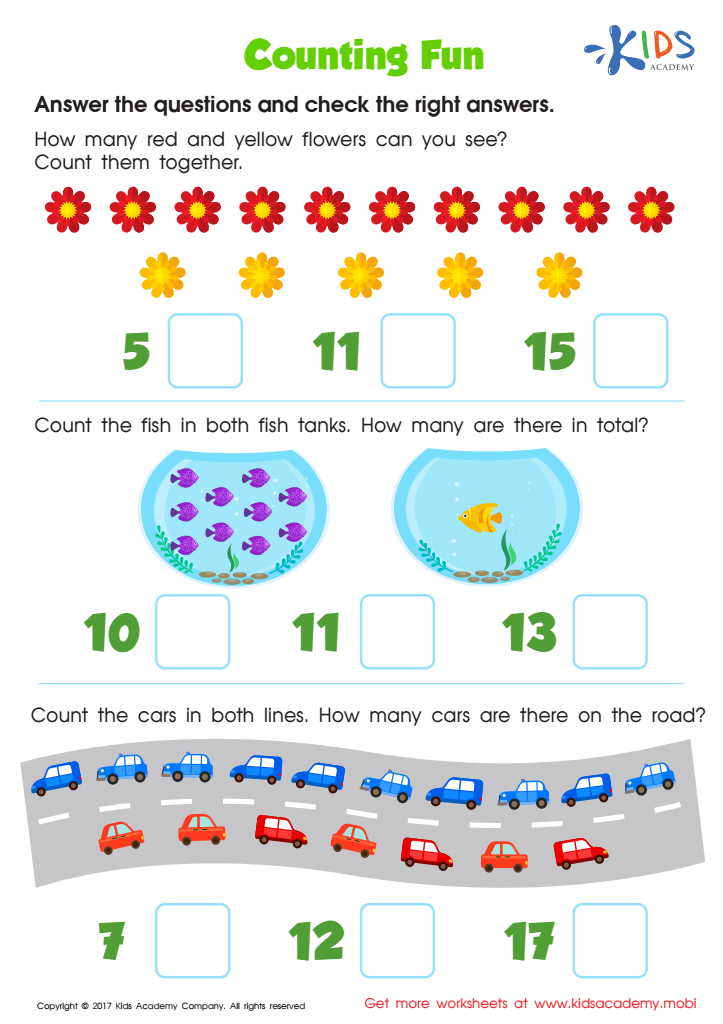

Counting Fun Worksheet
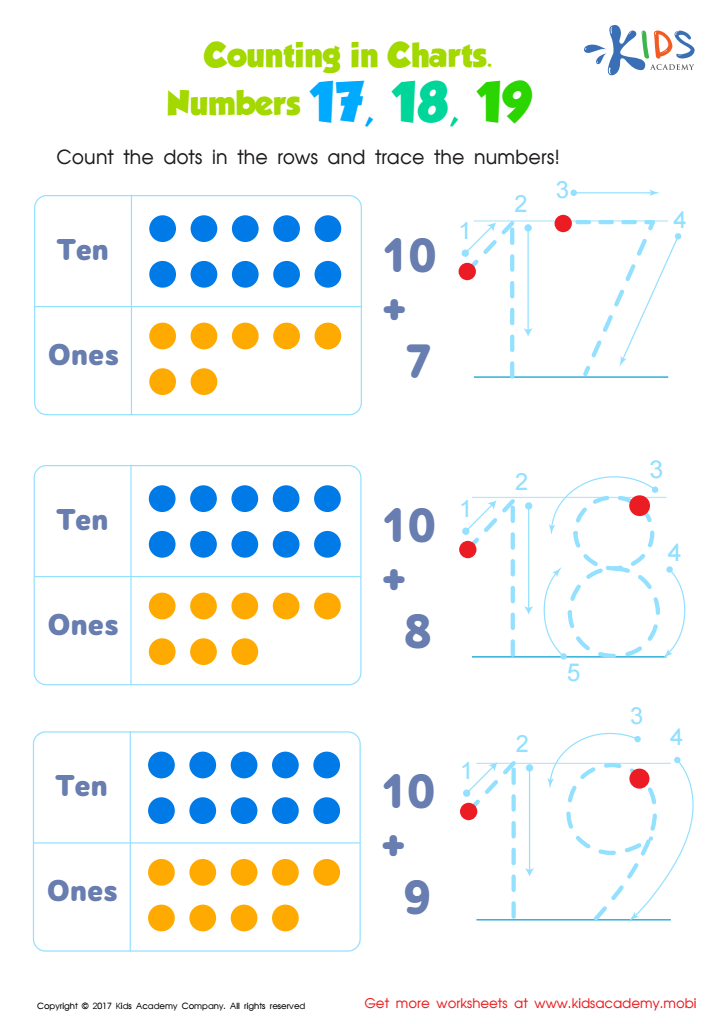

Kindergarten Number Tracing: Counting in Charts Worksheet
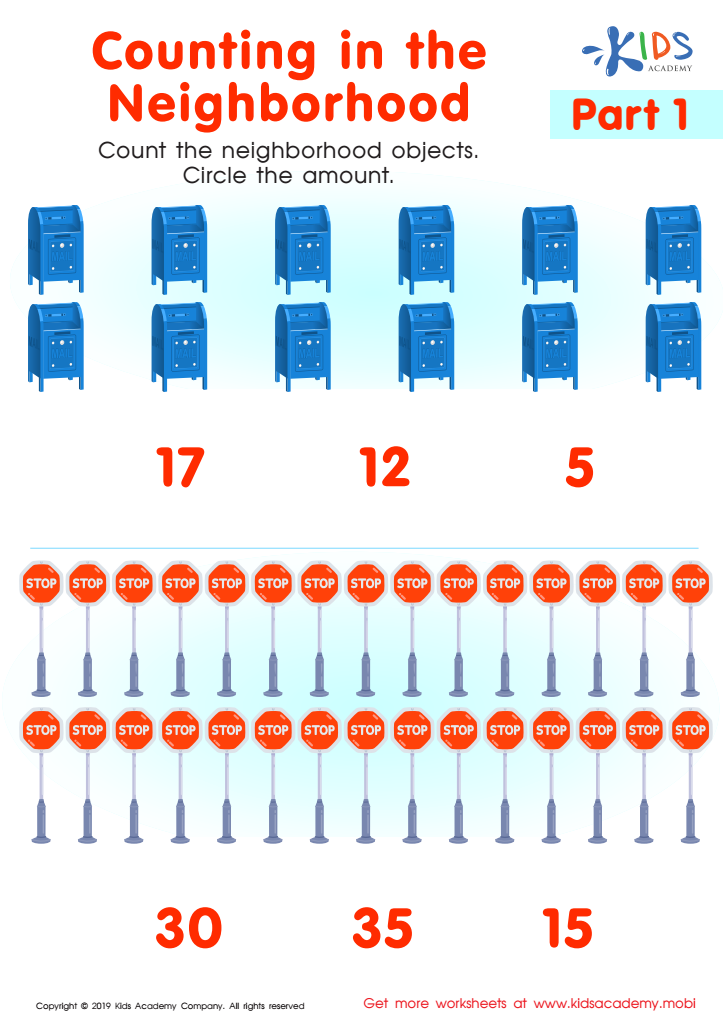

Counting in the Neighborhood Part1 Worksheet
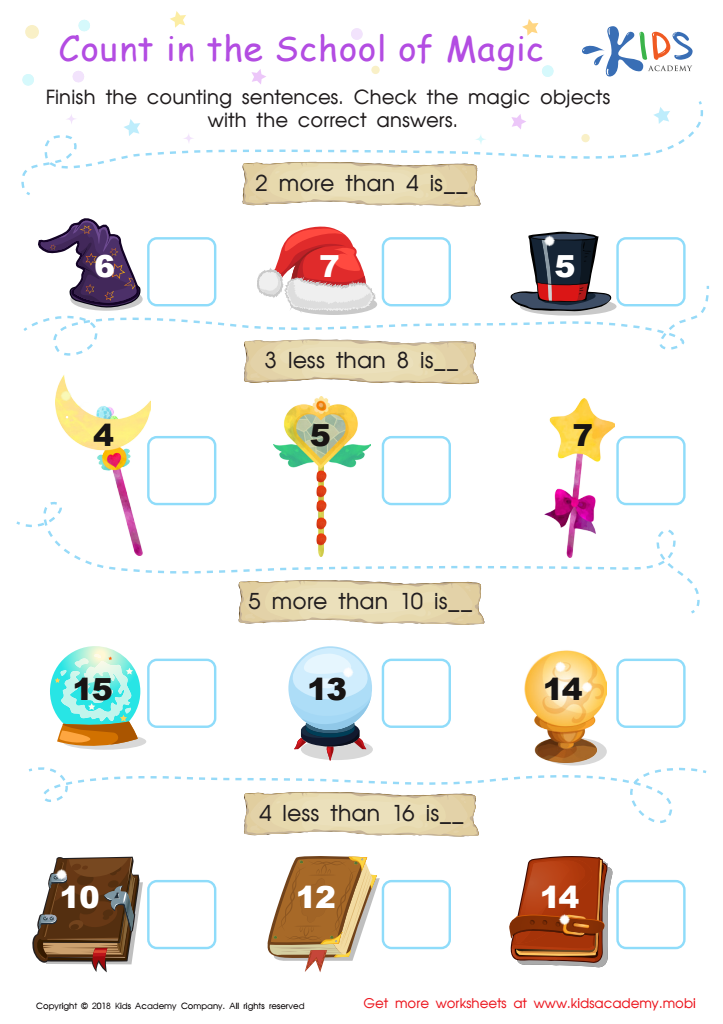

Count in the School of Magic Worksheet
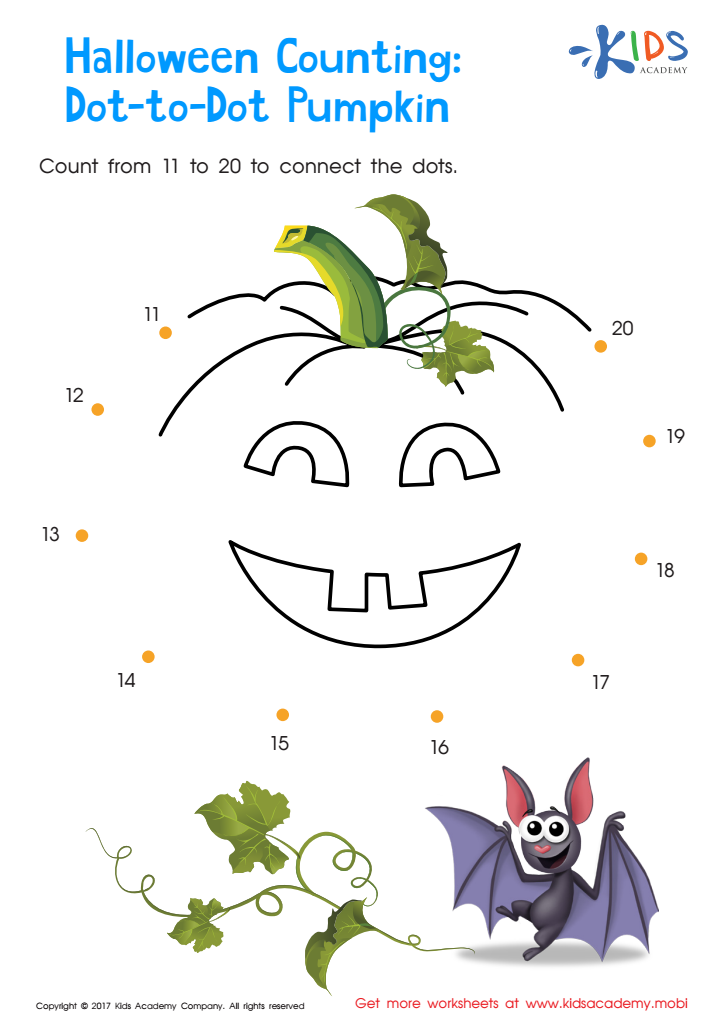

Ordering 11–20: Halloween Counting Worksheet
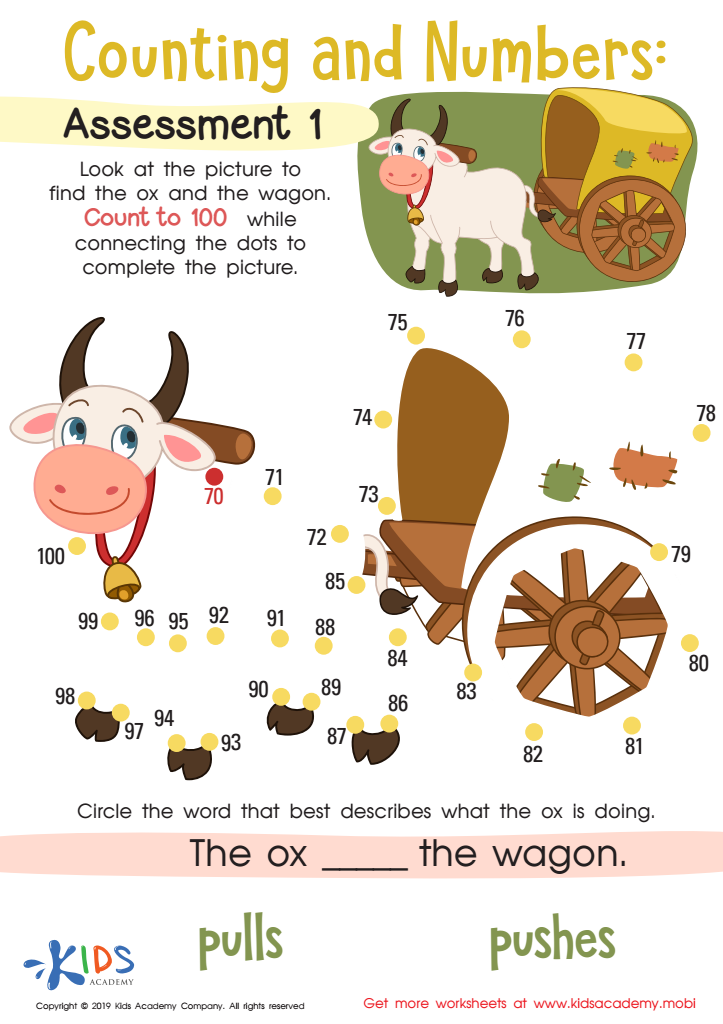

Counting and Numbers: Assessment 1 Worksheet
Counting skills form the foundation of early mathematics learning for children aged 5-8. Understanding and mastering numbers up to 100 is crucial for several reasons. First, it helps develop numerical fluency, enabling children to recognize number patterns and relationships, such as multiples of ten, even and odd numbers, and basic addition and subtraction facts.
Second, counting up to 100 also strengthens cognitive abilities and problem-solving skills. Children learn to think in an organized, logical sequence, which is essential not just for math, but for everyday tasks and advanced learning. It promotes memory development, as remembering number sequences and relationships requires the brain to store and retrieve information efficiently.
Additionally, being confident with numbers up to 100 prepares children for real-world situations that involve counting, measuring, and making estimations. Practical applications can range from counting money, telling time, or even calculating scores in games—critical life skills that depend on a solid grasp of numbers.
Lastly, early confidence and proficiency in counting boost self-esteem and reduce math anxiety. When children feel capable in their counting skills, they tend to approach more complex mathematical concepts with less fear and more curiosity, all of which fosters a long-term positive attitude toward learning.
For parents and teachers, emphasizing these skills can build a strong foundational understanding of mathematics, which can positively influence a child's overall academic and life success.
 Assign to My Students
Assign to My Students









